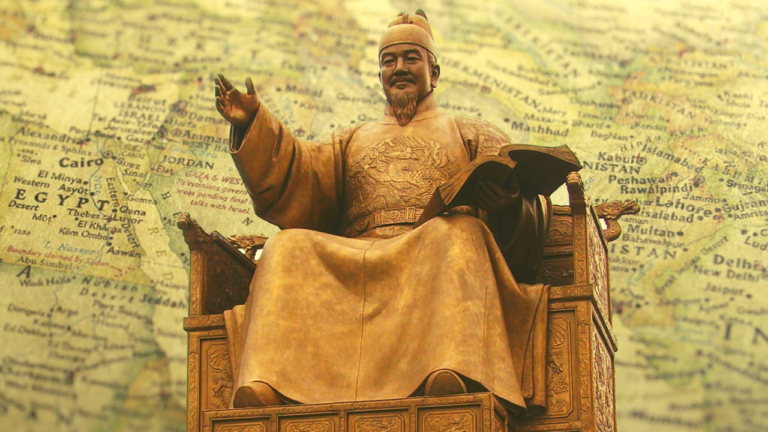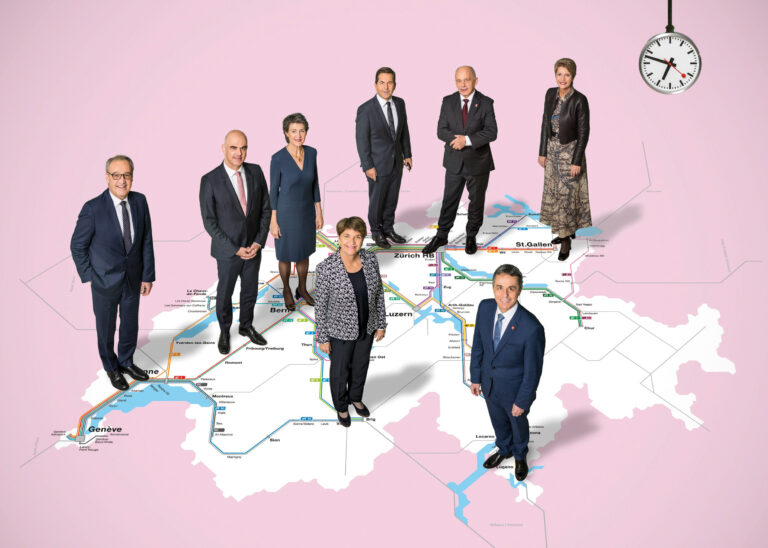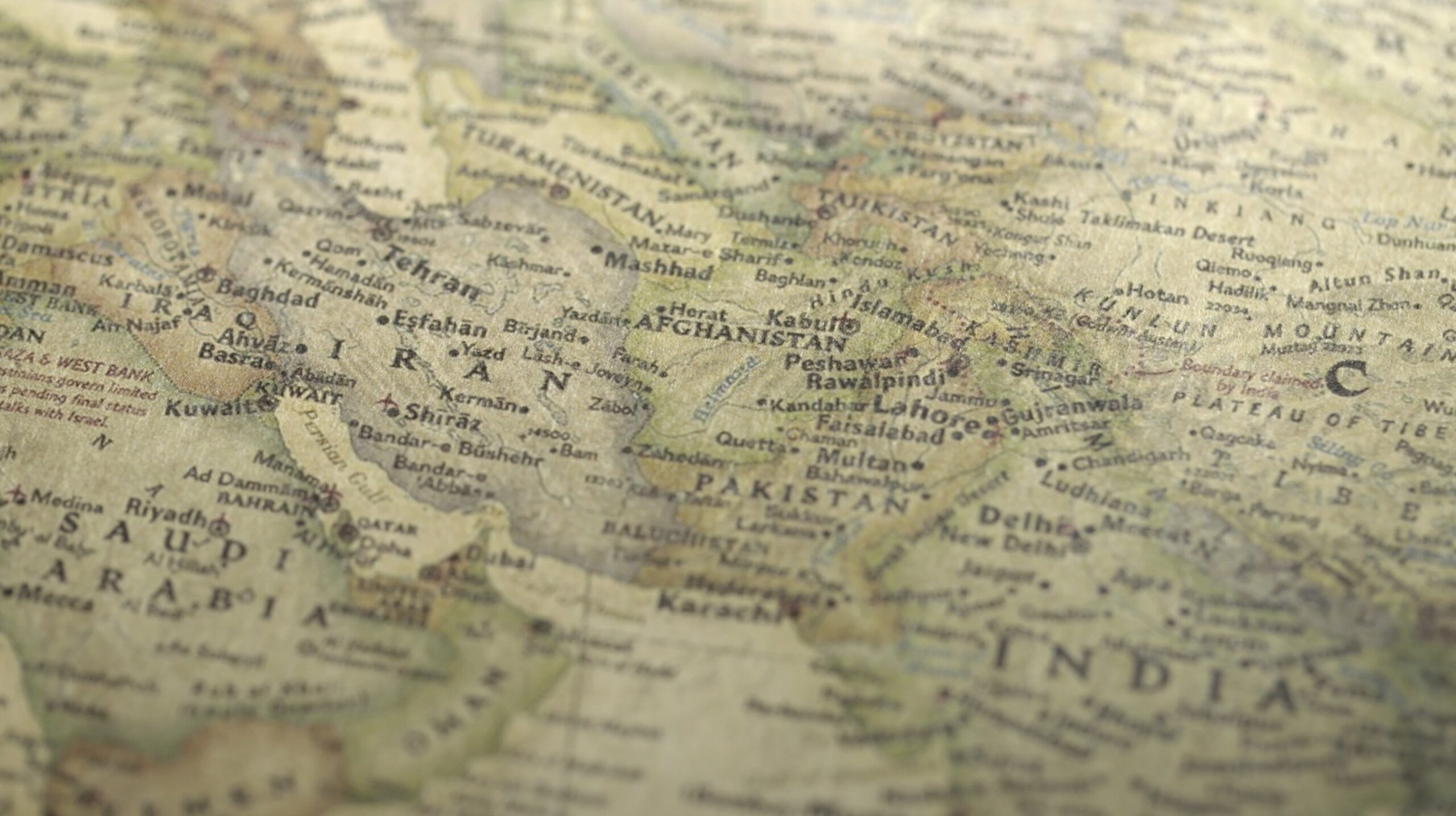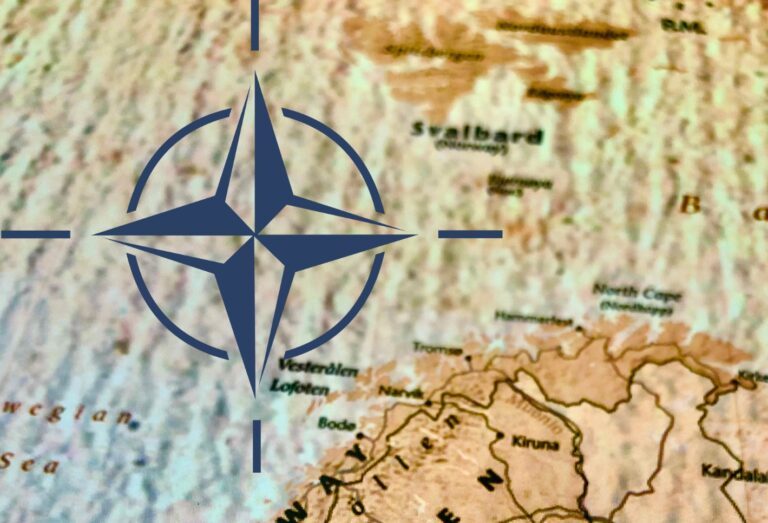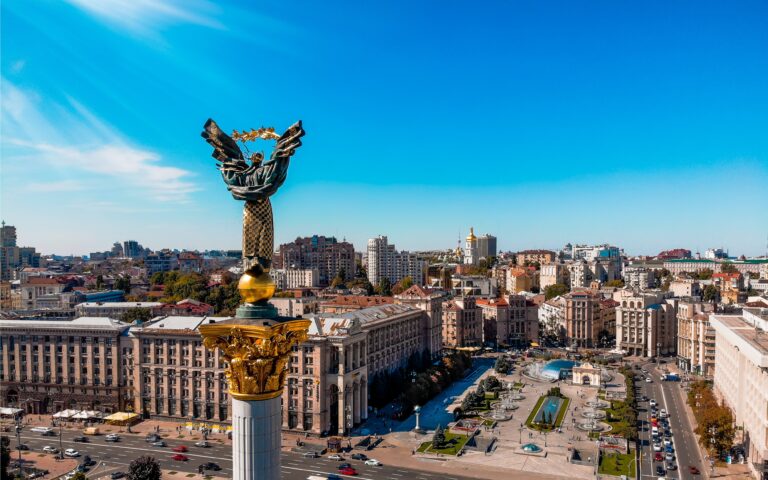Maltese Neutrality: A Live Debate
By Hillary Briffa. Prior to independence from Britain in 1964, Malta’s foreign and security policy was historically determined by the prevailing colonial power of the time. Since 1987, reflecting the insecurity generated by the Cold War superpower competition and growing militarisation of the Mediterranean, among other economic and socio-political drivers, Malta’s constitution has defined the country as a “neutral state actively pursuing peace, security and social progress among all nations by adhering to a policy of non-alignment and refusing to participate in any military alliance.” Amid current debates over the continuing applicability and relevance of neutrality for contemporary security, the words ‘actively pursuing’ are instrumental.





